Donald Trump hates Europe – that suspicion had grown so widespread by mid-April that J.D. Vance was moved to declare in an interview: “I love Europe.” Even its people, he claims. Of course, Americans have taken sides in European rivalries from the outset: Thomas Jefferson was a France man after the French Revolution, while John Adams preferred England. FDR preferred Pétain, while Eisenhower preferred de Gaulle.
But hate Europe outright? The idea is absurd. Though our ancestors are not 100 percent European, our country is. You can imagine President Trump calling for a Wienerschnitzel and a tub of mayonnaise more easily than you can imagine him calling for a bowl of hủ tiều nam vang and a bottle of nưởc mắm. Were he (hypothetically) the sort who curls up in bed with a novel, it would be Charles Dickens, not Ngũgῖ wa Thiong’o, that he curled up with. Trump doesn’t “hate Europe.” Neither does Vance, no matter how pointed his attack last February on the European Union’s contempt for free speech and free elections.
The bad vibes run more in the opposite direction. In March, the journal Le Grand Continent found a majority (51 percent) of EU citizens consider Trump an “enemy of Europe,” versus just 9 percent who consider him a friend. Europeans now say of the US what Americans said of Islamists during the George W. Bush administration: “They hate our values.” It’s as wrong now as it was then. The problem is not values, but interests. American and European progressive elites have made themselves partisan actors in the other’s politics, assuming Republicans and other populists would be too dim to notice. For decades that assumption proved correct. Now that things are changing, friction is the natural result.
The EU seemed to turn the countries it dominated into whimpering shadows of the proud nations they once were
By Europe, of course, we mean not the whole continent but the European Union, based in Brussels, which since 1992 has aspired to steer the politics of 27 nations. The EU is not a democracy. But its usurpation of various great nations’ sovereignties is one that America aided and abetted. So-called “Atlanticists” – America’s European admirers – built up the EU to serve certain values. Not Christianity (in which any European country could claim as great a share as America) but human rights (in which America had a better record, at least as the last generation saw things).
European right-wing parties always looked at the EU “project” as a form of Americanization. They were right to. The EU helped spread capitalism after the mid-1980s, annulling all those quirky regulations that had made globalization impossible (and Europe European). And it helped spread NATO after the 1990s. Although it is true in a nitpicky sense that Europe doesn’t pay for its own defense, it is decidedly untrue in reality. The US may have bought the heavy weaponry – but the EU has spent just as much in “structural funds” for traffic circles and feminist NGOs, in order to make it seem less absurd that Romania or Bulgaria, say, should belong in a western alliance in the first place.
But the EU brought problems. It turned the countries it dominated into whimpering, simpering, dysfunctional shadows of the proud nations they once were. As Vance has noted, 40 years ago all these countries had really good militaries. Belgium and Austria, say, had robust tank brigades and serious air forces. EU membership has made such duplication look wasteful – yet the EU has neither the political legitimacy nor the budget to start a military itself. So these countries spend just enough on F-16s and F-35s to convince Americans to take the whole job on themselves. As power shifted to Brussels, all these countries became less impressive in Yankee eyes – and in their own. The bloc’s elites now want to corral the increasingly restive member states into a single EU fighting force. Their claim that Americans “hate” them is meant to legitimize their bid for power.
The EU is a system by and for technocratic elites. During the 2008 financial crisis, Germany’s Angela Merkel and France’s Nicolas Sarkozy were able to use its institutions to overthrow the government of Silvio Berlusconi in Italy and block a referendum that would have led Greece out of the euro. The EU is mostly offstage, but it has mighty strings to pull. It plays the role that civil-rights law has for half a century in the US – offering a way for alumni of the better universities to review democratic decisions and freely entered private contracts. EU politicians like to call Brussels a “regulatory superpower.” That’s a boast.
The real problem that is being hashed out between Trump and Brussels is that, since the Clinton administration, the EU has been in harmony with the Democratic party in the United States. The result is that when Democrats have been in power and when anti-EU parties have governed in any of the EU’s member states, above all Poland and Hungary, the US has joined the EU itself in directing the opposition – sanctioning, harassing, investigating and intervening in elections.
The United States has had not a national but a partisan foreign policy. Same for the EU which, when Republicans are in power, works assiduously to deprive the United States government of allies abroad. When Marco Rubio announced his late-April reform of the State Department, cutting 132 offices, he wrote on Substack that he was focusing on agencies that served as a “platform for left-wing activists to wage vendettas against ‘anti-woke’ leaders in nations such as Poland, Hungary and Brazil.” MSNBC, in turn, accused Rubio of “taking a chainsaw to America’s soft power.”
That is the battle that is under way. Whether Rubio and Vance and Trump are right or wrong, their moves have nothing to do with “loving” or “hating” Europe, and everything to do with breaking up an alliance of their foes.
This article was originally published in The Spectator’s June 2025 World edition.



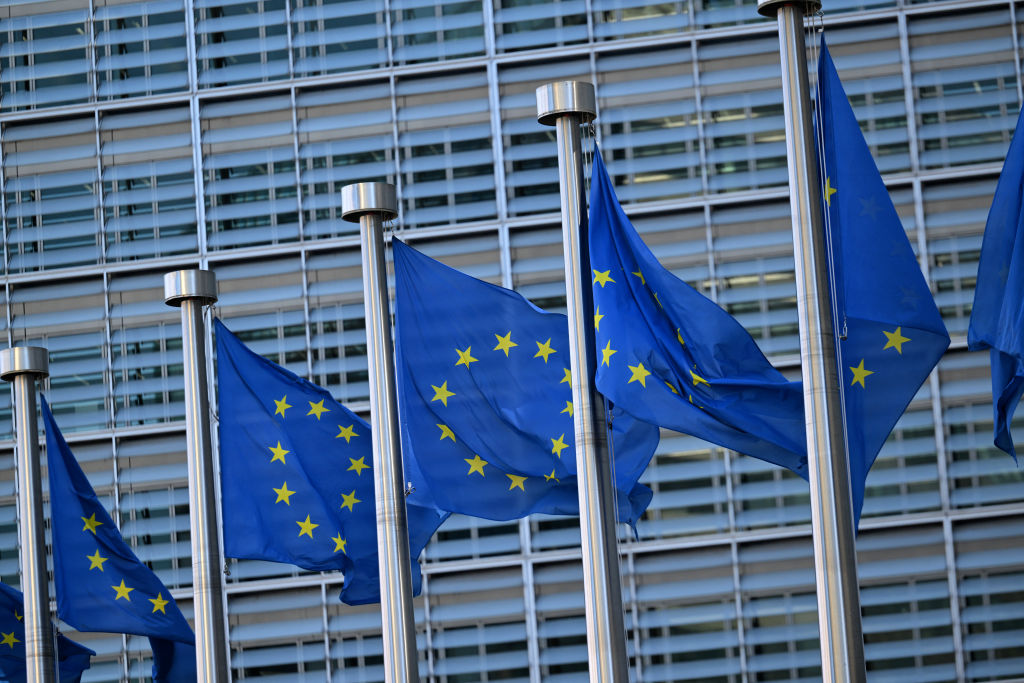







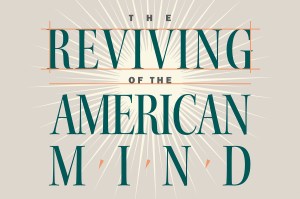
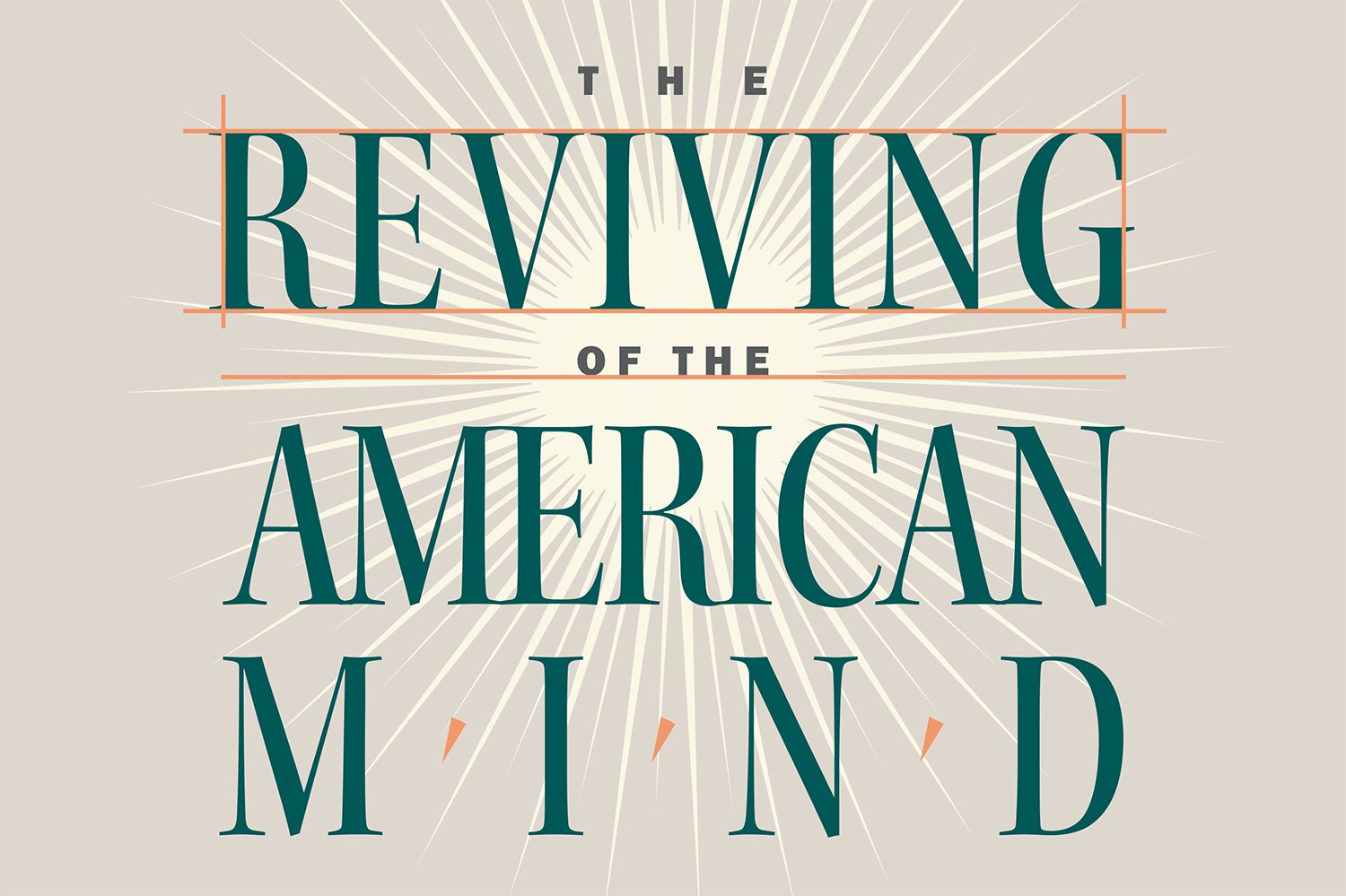
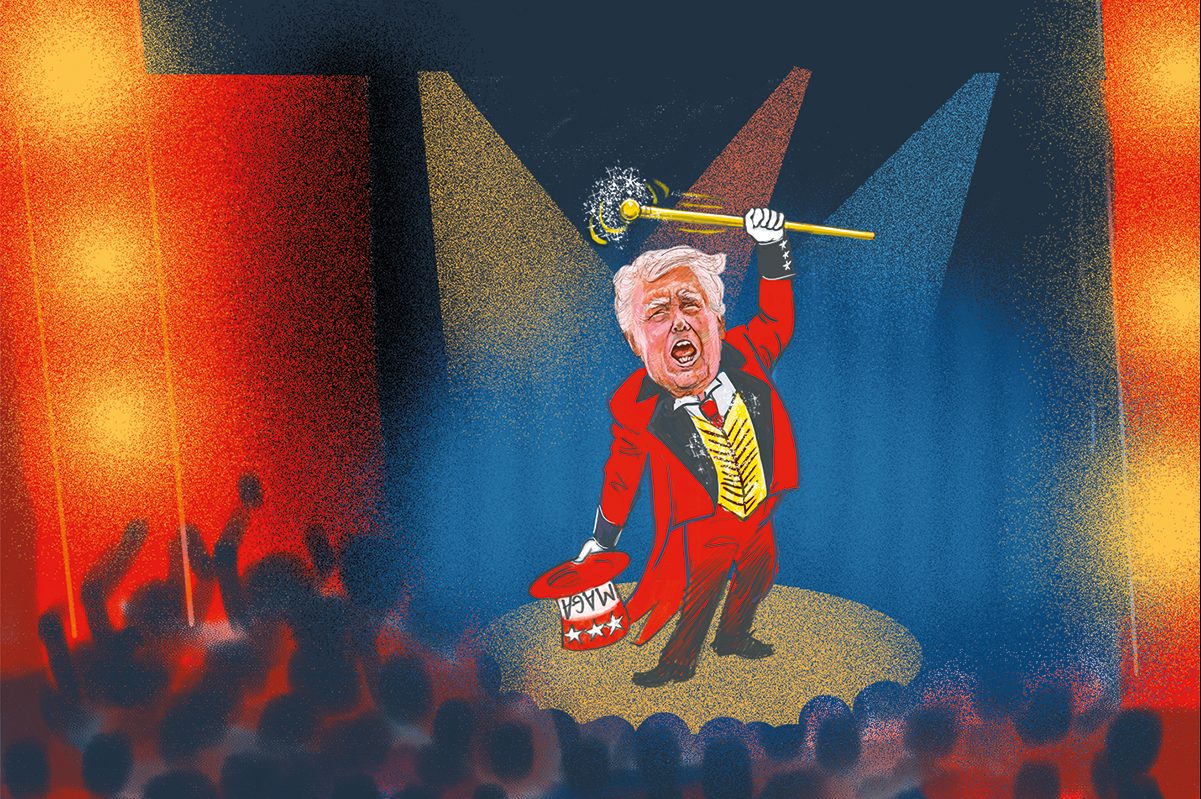
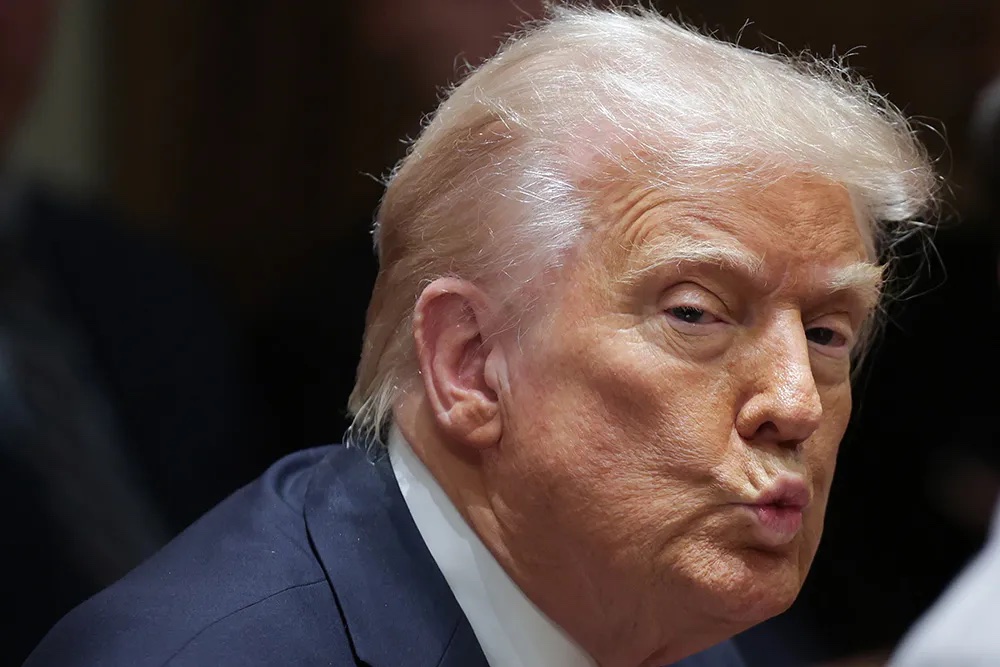
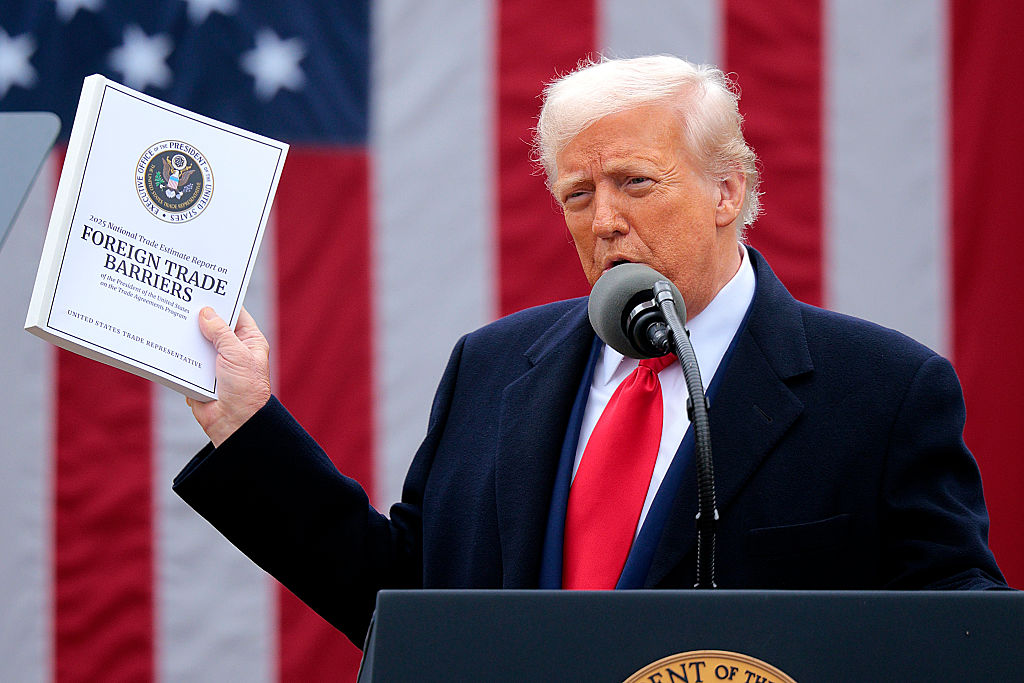
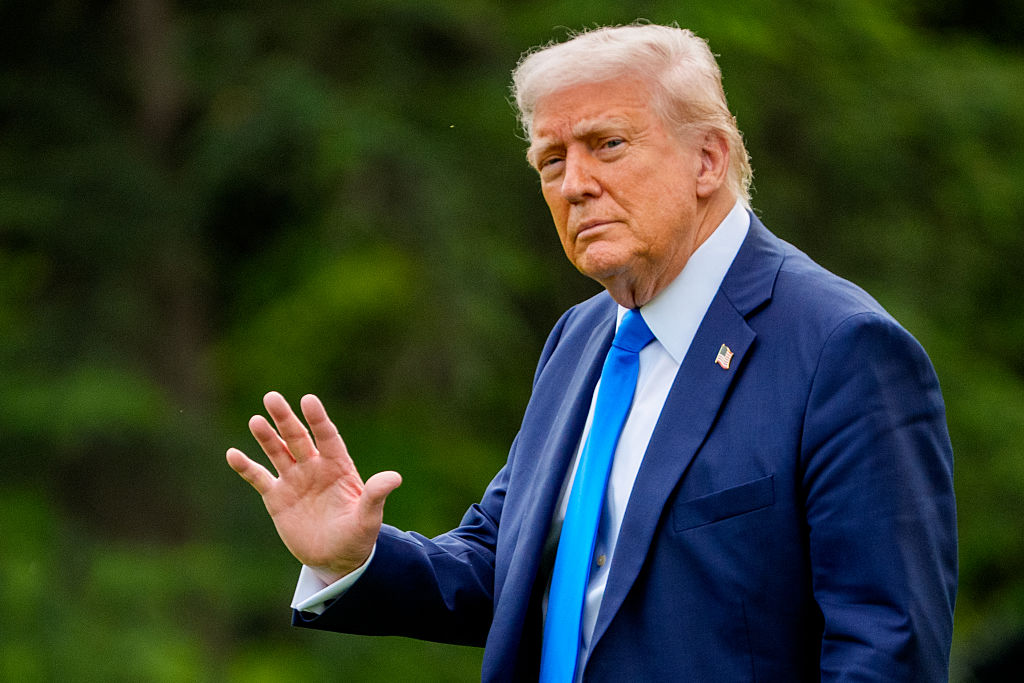







Leave a Reply